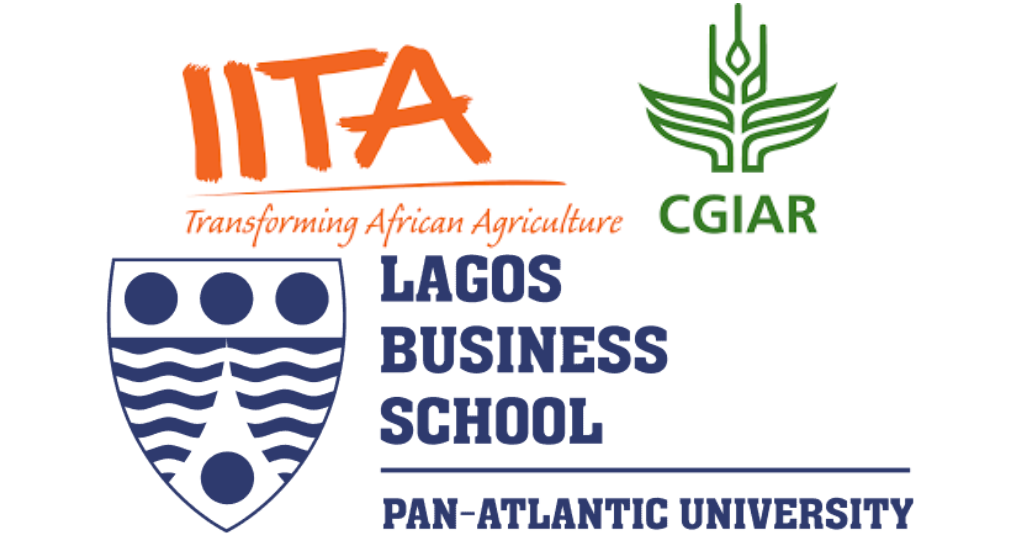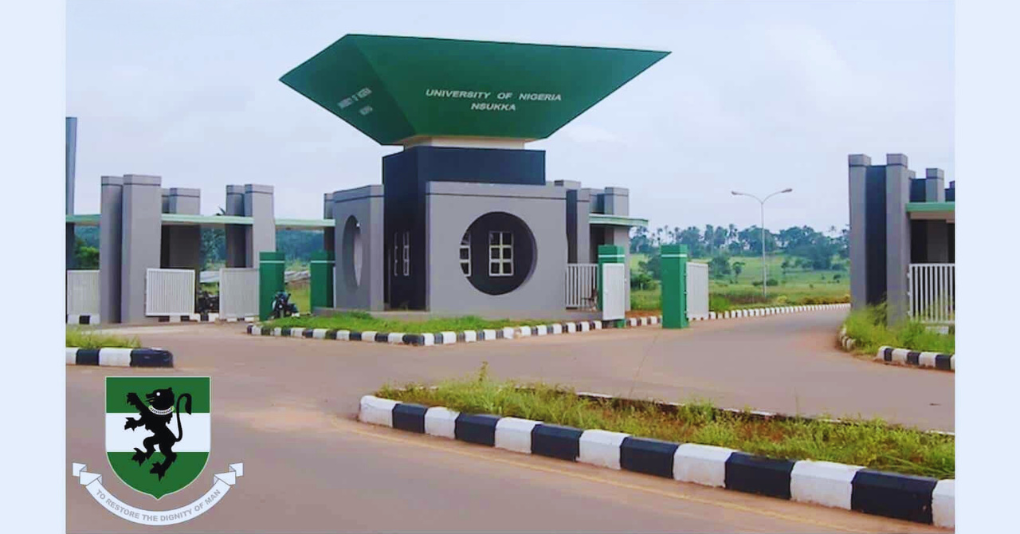In a visit aimed at forging a strategic partnership, a team from Lagos Business School (LBS) met with the IITA Director General and CGIAR Regional Director for Africa, Dr Simeon Ehui, alongside members of the Institute’s senior management and scientists at IITA headquarters in Ibadan.
The collaboration seeks to integrate LBS’s strengths in executive education, leadership development, and agribusiness strategy with IITA’s robust agricultural research and innovation expertise across Africa’s food systems value chain.
Speaking at the meeting, Victor Banjo, Director of Executive Education at LBS, provided an overview of the school’s agribusiness program, emphasizing hands-on learning through practical field experiences. Highlighting the potential for synergy, Banjo proposed that collaboration with IITA would offer cohorts direct exposure to research-based innovations.
“We are certain that when our cohorts see the impactful work happening at IITA, they will be eager to adopt and champion these technologies,” he said.
Welcoming the delegation, Dr Ehui noted that the visit was timely and strategic, emphasizing that IITA is prioritizing the scaling of innovations developed over nearly six decades of agricultural research.
“LBS’s focus on leadership and capacity development aligns well with our mission to move research to impact,” he added.
The LBS team was given an interactive tour of IITA’s laboratories and research facilities. Discussions centered on identifying mutual interest areas, research commercialization, peer-to-peer and experiential learning, and youth engagement. Plans are underway for a formal Memorandum of Understanding (MoU) to solidify the collaboration.
Reflecting on the tour, Banjo commended IITA’s contributions to agricultural transformation:
“IITA’s commitment to tackling hunger, malnutrition, and resource degradation aligns with our vision of developing responsible leaders and influencing policy for sustainable impact.”
Both institutions expressed a shared vision to work together in the future to promote sustainable development and scale agricultural innovations for greater impact across Africa.
Share this post





Be the first to comment on this post